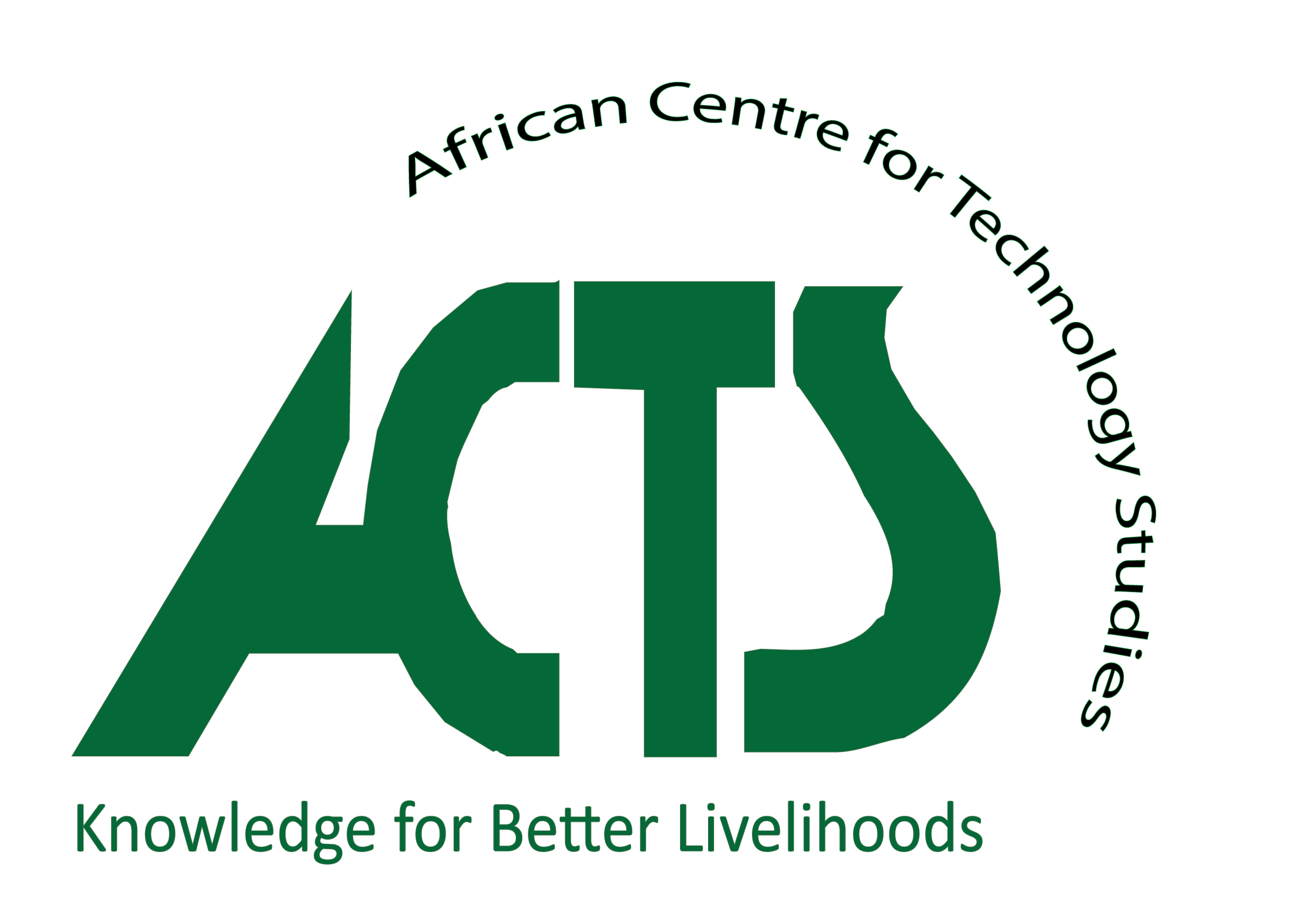How can Science Granting Councils (SGCs) become more effective boundary managers through improved use of evidence and data?
This was the focus of a workshop held on 7 - 10 March 2022) under the ACTS’ led Evi-Pol project. The workshop was attended by 14 out of the 16 science granting councils involved in the Science Granting Councils Initiative (SGCI) in Sub-Saharan Africa which aims to strengthen the capacities of the councils in sub-Saharan Africa to support research and evidence-based policies that will contribute to the continent’s economic and social development.
The concept of a boundary organisation refers to how science councils operate in Africa, linking science and politics while at the same time mediating between stakeholders in these two spheres. The concept presumes that councils can more proactively manage the relations between stakeholders to ensure efforts to fund and promote research, science, technology, and innovation are focused on relevant sectors to meet the needs of society.
Over the four-day period, staff from the 14 councils interrogated their role as boundary managers by looking at how research programmes are designed and funded; what data they collect and how they use that data as evidence to make policy and process decisions. They also considered the systems and procedures they have in place to collect and analyse data. The workshop highlighted the important role of understanding the context in which councils work - who are the stakeholders they work with, what are the dominant narratives and debates in the field, who are the dominant actors and stakeholders and how they use these organisations to assist them in moving debates forward and ensuring research is funded to fill gaps and provide solutions that the countries need.
An interesting debate took place on what characteristics a boundary manager should have to be successful. The qualities of flexibility and openness to ideas and opinions was mooted. Another key discussion point was the importance of being a knowledge broker - what knowledge (evidence) is needed and where that knowledge resides and making it available to those who need it. Councils shared their experiences of being knowledge brokers and boundary managers. For example, Zimbabwe is working to build relationships with researchers while in Cote D’Ivoire there is more focus on managing relations within and between ministries.
Download


